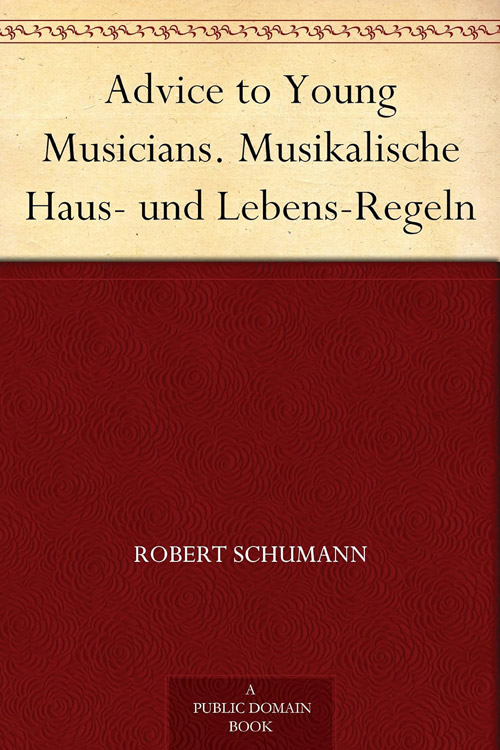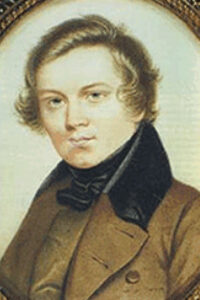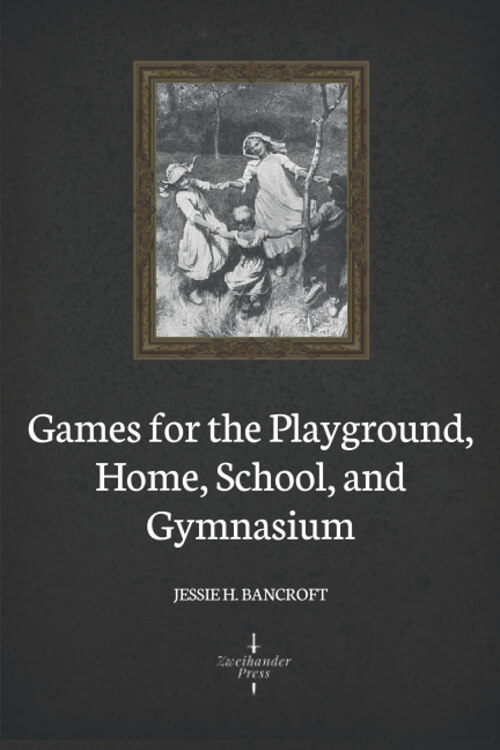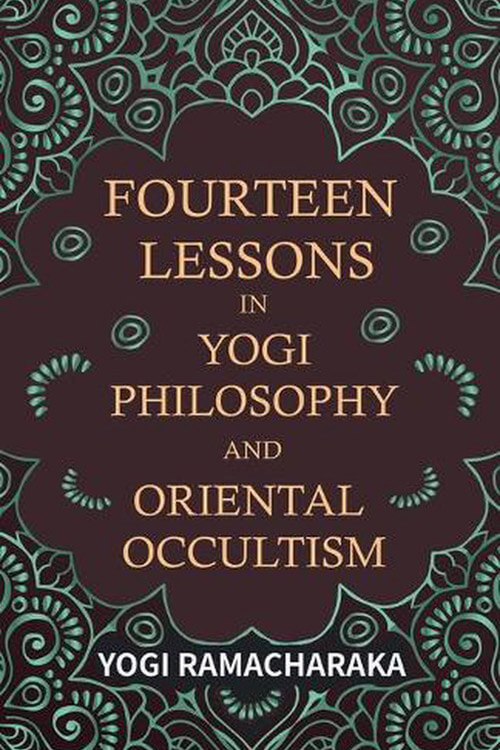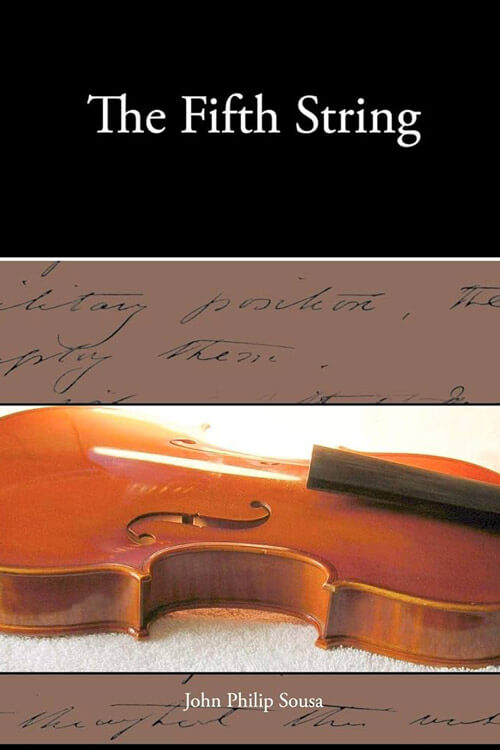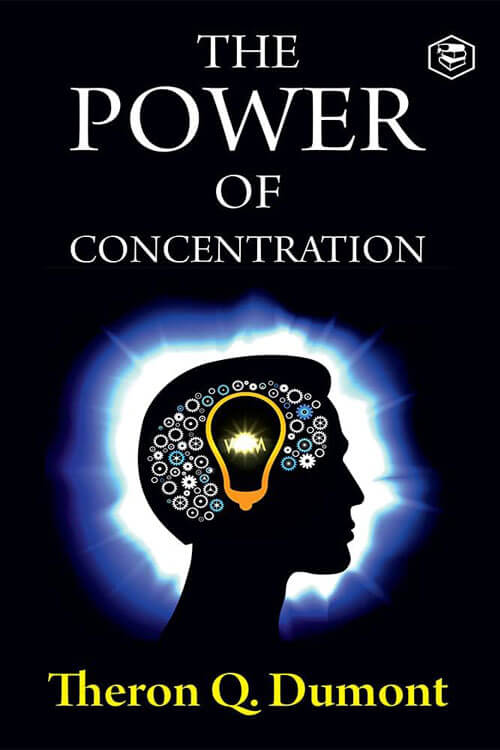
Advice to Young Musicians
We cannot bring up children in sound health with sweetmeats, pastries, and candy. The mental food must be as simple and nourishing as the bodily. Great composers have sufficiently provided for the former; keep to their works. All bravura-music soon grows antiquated. Rapid execution is valuable only when used to perfect actual music performance. Never help circulate bad compositions; however, help suppress them earnestly. It would be best if you neither played bad compositions nor unless compelled, listened to them. Do not think of velocity or passage-playing as your highest aim. Try to produce such an impression with a piece of music as was intended by the composer; all further exertions are caricatures.
Read or download Book
Robert Schumann
Robert Schumann (8 June 1810 – 29 July 1856) was a German composer, pianist, and influential music critic.
Biography.
He is widely regarded as one of the greatest composers of the Romantic era. Schumann left the study of law, intending to pursue a career as a virtuoso pianist. His teacher, Friedrich Wieck, a German pianist, had assured him he could become the finest pianist in Europe, but a hand injury ended this dream. Schumann then focused his musical energies on composing. In 1840, Schumann married Friedrich Wieck’s daughter, Clara Wieck, after a long and acrimonious legal battle with Friedrich, who opposed the marriage. A lifelong partnership in music began, as Clara herself was an established pianist and music prodigy. Clara and Robert also developed a close relationship with German composer Johannes Brahms. Until 1840, Schumann wrote exclusively for the piano. Later, he composed piano, orchestral works, and many Lieder (songs for voice and piano). He composed four symphonies, one opera and the other orchestral, choral, and chamber works.
His best-known works include Carnaval, Symphonic Studies, Kinderszenen, Kreisleriana, and the Fantasie in C. Schumann was known for infusing his music with characters through motifs and references to literature. These characters bled into his editorial writing in the Neue Zeitschrift für Musik (New Journal for Music), a Leipzig-based publication he co-founded. Schumann suffered from a mental disorder that first manifested in 1833 as a severe melancholic depressive episode—which recurred several times, alternating with phases of “exaltation” and increasingly also delusional ideas of being poisoned or threatened with metallic items. What is now thought to have been a combination of bipolar disorder and perhaps mercury poisoning led to “manic” and “depressive” periods in Schumann’s compositional productivity. After a suicide attempt in 1854, Schumann was admitted at his request to a mental asylum in Endenich (now in Bonn). Diagnosed with psychotic melancholia, he died of pneumonia two years later at the age of 46, without recovering from his mental illness.

